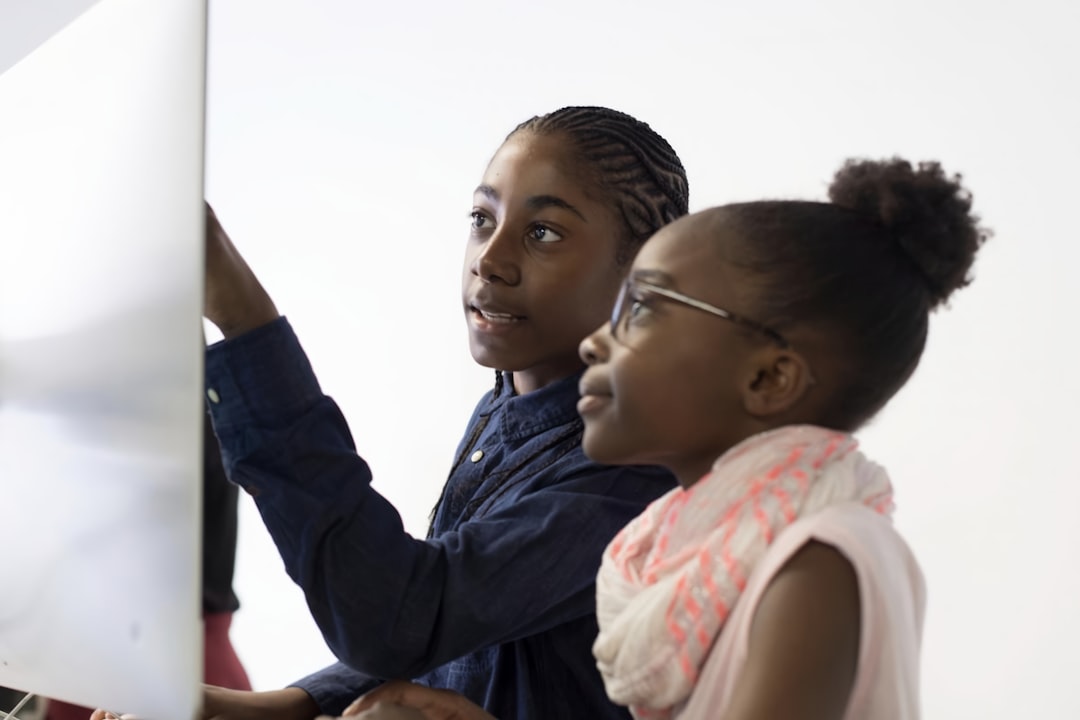Summary: A recent seminar in San Antonio, funded largely by Big Tech companies and organized by the American Federation of Teachers (AFT), provided educators with a crash course on using AI to generate lesson plans. While many teachers are embracing AI tools to save time and engage students, parental support for AI-generated lesson plans is declining amid concerns about quality. The AFT aims to train hundreds of thousands of teachers over five years, emphasizing privacy and teacher control, but questions remain about the true impact of AI on learning.
AI Training for Teachers: The San Antonio Seminar
In San Antonio, about 50 educators attended a three-hour seminar focused on integrating AI into lesson planning. Organized by the American Federation of Teachers (AFT) and funded largely by Big Tech, the event aimed to familiarize teachers with AI tools. Kathleen Torregrossa, a trainer at the seminar, acknowledged initial teacher hesitance: “We all know, when we talk about AI, teachers say, ‘Nah, I’m not doing that.’ But we are preparing kids for the future. That is our primary job. And AI, like it or not, is part of our world.”
Parental Concerns and Quality of AI-Generated Lesson Plans
Despite growing teacher adoption—60% of K-12 teachers have used AI in their work according to a September Gallup poll—parental support for AI-generated lesson plans is waning. A recent poll showed support dropped from 62% in 2024 to 49% this year. Additionally, a study evaluating AI-generated lesson plans found them academically substandard based on two benchmarks, raising questions about their effectiveness.
Funding and Goals Behind the AI Training Program
The San Antonio seminar is part of a broader initiative launched in July by the AFT alongside major tech companies. Funding includes $8 million in cash and $2 million in resources from OpenAI, $12.5 million over five years from Microsoft, and $500,000 from Anthropic. This investment supports a dedicated campus in New York City for AI training, both online and in person, with the ambitious goal of reaching 400,000 teachers—nearly a quarter of the AFT’s membership—within five years.
Teachers’ Experiences with AI Tools in the Classroom
At the seminar, familiar AI platforms like ChatGPT, Gemini, and Microsoft CoPilot were used to generate lesson plans, alongside Khan Academy’s Khanmingo and a tool called “Colorón Colorado.” One first-grade teacher described the experience as “amazing,” noting, “It can save you so much time.” She plans to use AI to create illustrated flashcards to keep students engaged, addressing their frequent complaints of boredom. Another teacher intends to use AI to craft personalized storybooks featuring her students as characters and to generate simplified versions of challenging texts tailored to different reading levels.
AFT’s Response to Concerns and Commitment to Privacy
Gizmodo reached out to the AFT regarding parental concerns and the potential for lower-quality lesson plans. Spokesman James Hill directed us to several AFT publications emphasizing caution and the importance of “commonsense guardrails” when using advanced technology in schools. Hill also stressed that student privacy and security remain the organization’s top priorities. AFT president Randi Weingarten highlighted the importance of maintaining the teacher-student connection: “The direct connection between a teacher and their kids can never be replaced by new technologies, but if we learn how to harness it, set commonsense guardrails and put teachers in the driver’s seat, teaching and learning can be enhanced.”
The Future of AI in Education: Potential and Pitfalls
While AI tools offer promising ways to support educators and engage students, the true impact on learning remains uncertain. Even with safeguards and teacher control, AI-generated content may not always enhance education and could potentially hinder it. Gizmodo has posed these concerns to the AFT and will provide updates as more information becomes available.
